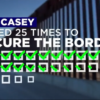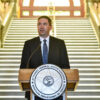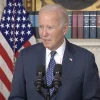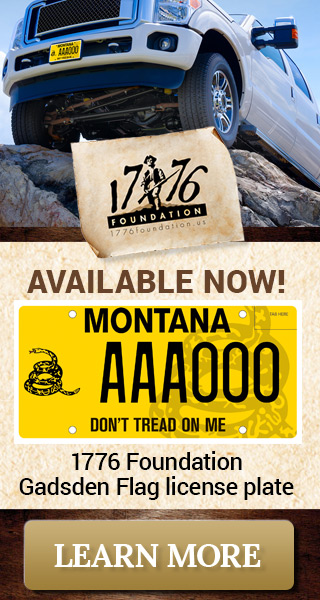As civic knowledge declines, programs work to engage young people in democracy

NEW YORK — Flanked by stained-glass windows, 54 New York City high school students challenge one another to imagine an ideal democracy.
Wood-paneled walls are covered in haphazardly taped posters that students worked together to create. Ideas are written in Crayola marker under categories such as “rights” and “responsibilities.” Some posters are divided down the middle by an imperfect line, separating the students’ hopes and fears for democracy’s future.
On one side, their hopes. A free and fair process that works for the people. Lack of judgment toward different ideas and choices. Younger generation participates in democracy to keep it alive.
On the other side, their fears. More partisanship, further political divide. Inequitable representation of marginalized groups. Too many old people.
This is the third year of YVote’s Democracy Camp, held at the New York Society for Ethical Culture’s meeting house. The century-old limestone building faces Central Park.
After a day interviewing passersby on city streets and exploring issues such as mental health and fair education, a high school leader asks her fellow students to think about a question: “What is my role in an ideal democracy?”
Collective anxiety around youth engagement in civic life lurks like a bogeyman in society’s nightmares.
Voter turnout among Generation Z







